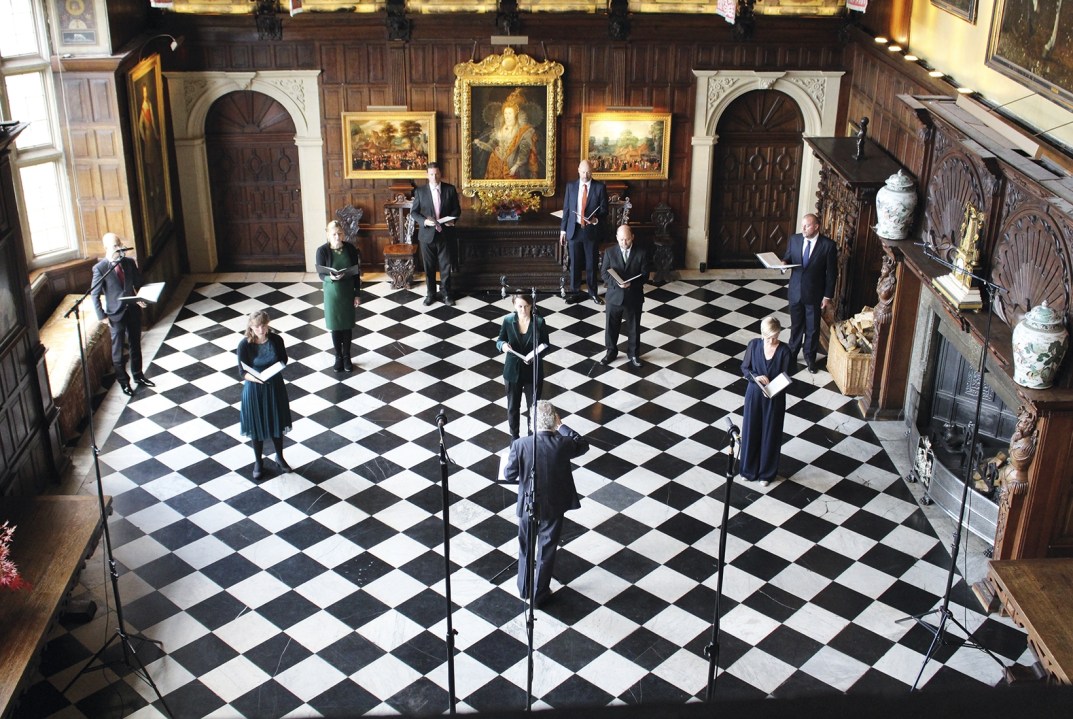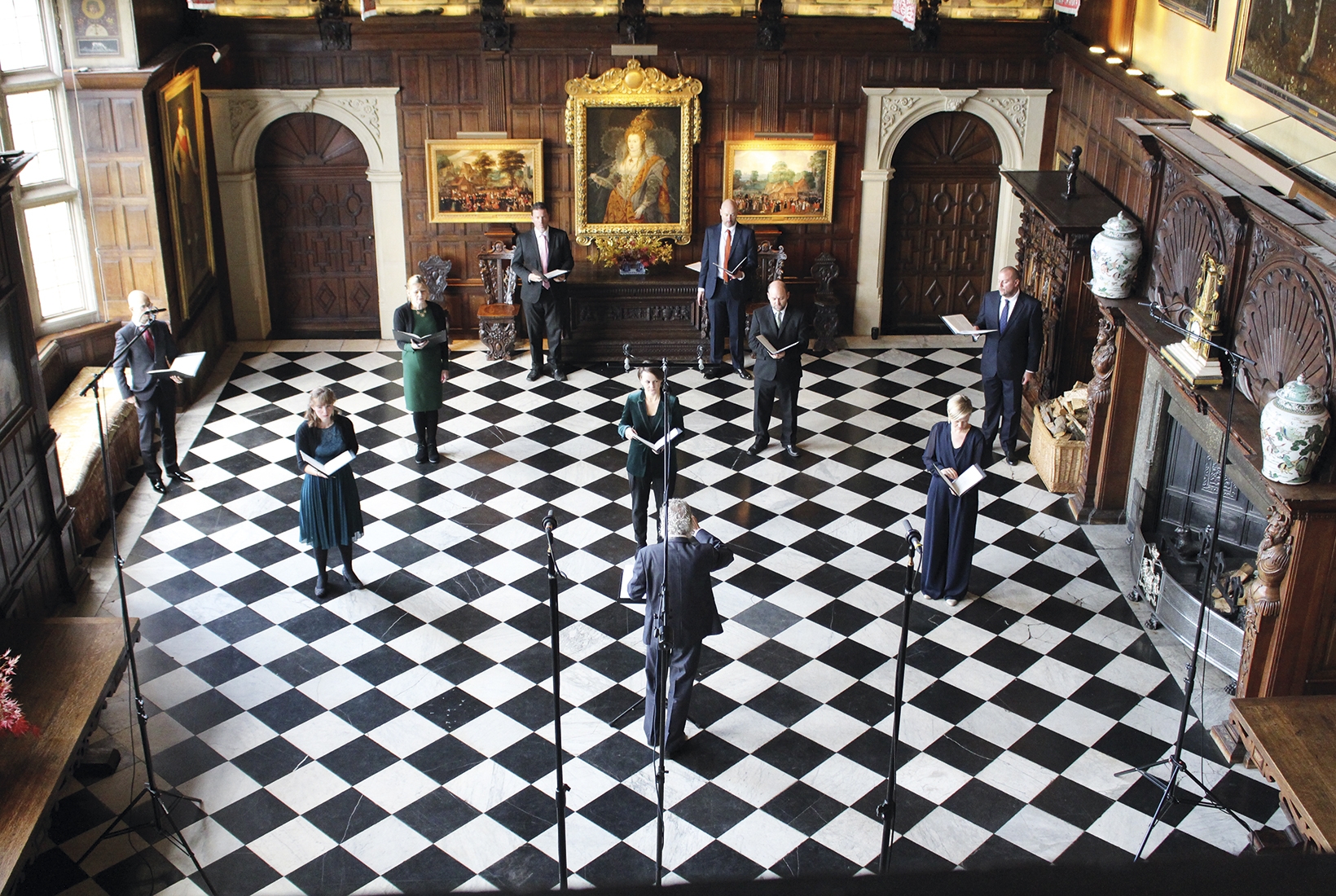Between the ages of 15 and 17 I had a secret. Every Monday night I’d gulp down dinner before rushing out to the scrubby patch of ground just past the playing fields, where a car would be waiting. Hours later — long after the ceremonial nightly locking of the boarding house — I’d sneak back, knocking softly on a window to be let in.
I’d love to say that it was alcohol or drugs that lured me out. It wasn’t even boys — or, at least, not like that. My weekly assignation was with Joseph and Johann, Henry, Ben and Ralph. My addiction? Choral music.
Better than some and worse than many, the Calne Choral Society was exactly the blend of lino floors and plastic chairs, too-strong cups of tea on unsteady trestle tables and past-their-prime tenors that you could have found in any hall in the country. But it was my Royal Albert Hall.
Haydn’s Creation, Purcell’s Ode to St Cecilia, Bach’s B Minor Mass, Vaughan Williams, Finzi, Gibbons: after the bowdlerised, black and white sounds of an all-girls’ school choir it was musical technicolour. And those tunes. I still can’t hear the ‘Dona nobis pacem’ from the B Minor — that dogged, trudging melody returning gilded, transformed by the trumpets, our quavering voices suddenly gleaming and powerful — without a quiver.
As the child of immigrants I didn’t realise that what I took for a weekly rehearsal was, in fact, a ritual — social, as much as musical — a rite of passage in English life. From first school concerts to choral societies in retirement, Handel’s Messiah to Mozart’s Requiem, Carols from King’s to Choral Evensong, we measure out our lives in music.
As a kid what I took for a weekly choral rehearsal was an English rite of passage – social as much as musical
And it’s not just the middle classes.








Comments
Join the debate for just £1 a month
Be part of the conversation with other Spectator readers by getting your first three months for £3.
UNLOCK ACCESS Just £1 a monthAlready a subscriber? Log in